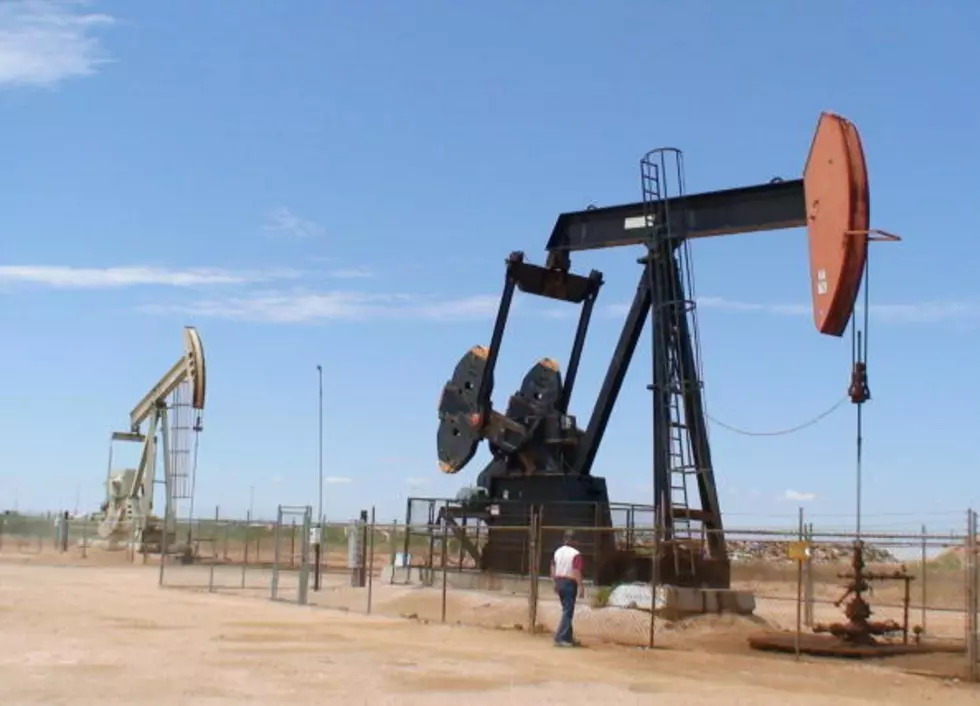
Texas Petro Economy: Ups and Downs
If you were to listen to the higher-end department store chains out there, you might think things were bleak in Texas. As published in Fortune magazine:
"...brands like Restoration Hardware , Macy’s and Dillard’s are telling investors that Texas is a drag on revenue this year. Neiman Marcus...has reported declining comparable sales for three quarters running—its worst spell since the Great Recession."
However, in the London Daily Telegraph, the headline reads, "Texas shale oil has fought Saudi Arabia to a standstill." An explanation of what's happening:
"North America's hydraulic frackers are cutting costs so fast that most can now produce at prices far below levels needed to fund the Saudi welfare state and its military machine, or to cover Opec budget deficits."
So drilling down (pun intended) here's what it looks like: OPEC and the Saudi's decide to crank up production to assert themselves and wreck other suppliers. U.S. fracking interests decide to amp up their own activities and give the Saudis a run for their money. More domestic oil means less foreign oil here and thus we have the $1.78 per gallon price I paid today at the pump. That would seem like a good thing, but economists and fuel analysts will tell you that such a low cost at the pump and for fuel overall wreaks havoc on state budgets and employment in the oil industry.
Unfortunately, conventional oil suppliers, those who get their oil the old-fashioned way through an oil well in the ground, are put at a bit of a disadvantage. These are the people whose daughters buy prom dresses from Neiman Marcus, but also the field workers who shop at JCPenney and Walmart.
Texas is still very prosperous, but sometimes sticking it to the Saudi's does have a price apparently.
More From KUSJ-FM







